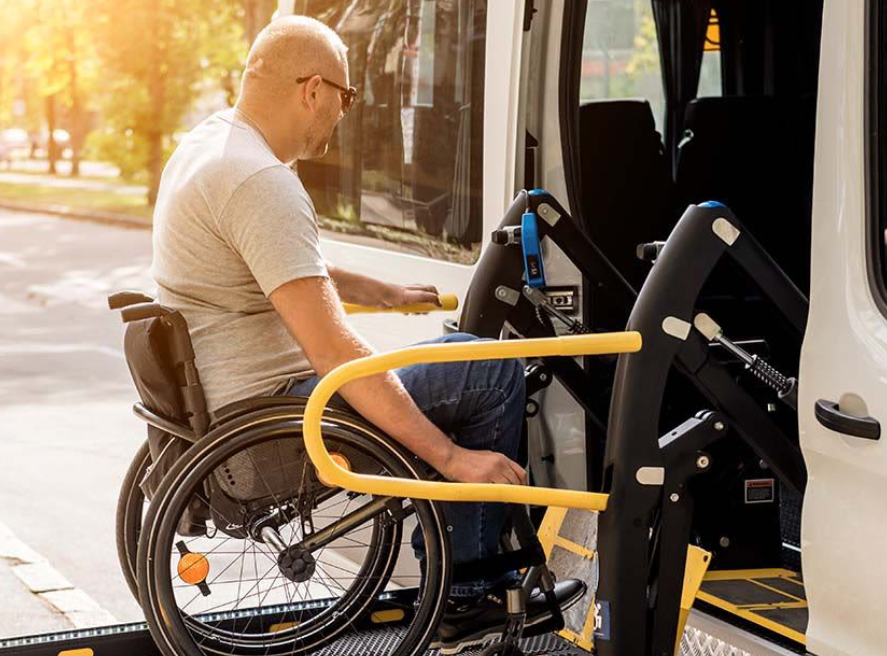In the world of healthcare, the timely and safe delivery of urgent medical items, such as donor organs, can make the difference between life and death. Medical transport services play a pivotal role in ensuring that these critical items reach their intended destination swiftly, securely, and in optimal condition. Whether it’s a life-saving organ for a transplant, blood for emergency transfusions, or other vital medical supplies, the transportation of these materials demands precision, care, and expertise.
Understanding the Critical Nature of Urgent Deliveries
When it comes to urgent medical items like donor organs, time is of the essence. Organs for transplant have a limited window during which they remain viable for transplant, often measured in hours, not days. The transport process must be carefully coordinated to ensure these organs are kept at the proper temperature and delivered to the correct medical facility as quickly as possible. Any delays or mishandling could jeopardize the success of the transplant or even lead to the loss of the organ.
Medical transport services specializing in urgent deliveries are fully aware of the stakes. These services are designed to ensure that these items are treated with the highest level of care and arrive at their destination in the best condition possible, ready for immediate use.
Specialized Vehicles and Equipment
The safe transport of donor organs and other critical medical items requires specialized equipment and vehicles. Medical transport services often utilize refrigerated vehicles and other temperature-controlled environments to preserve the integrity of organs and sensitive materials during transit. Organs such as hearts, kidneys, and livers must be kept at very specific temperatures to ensure they remain viable for transplantation. Vehicles used for transporting such items are equipped with advanced monitoring systems to track and regulate the internal temperature during the entire journey.
In addition to temperature regulation, the vehicles are designed to provide a stable and smooth ride. Any sudden movements, bumps, or changes in conditions could affect the organ’s viability. Special handling protocols are followed to ensure the contents of the transport are secure and undisturbed throughout the journey.
Trained and Experienced Personnel
The professionals responsible for transporting donor organs and other critical items are highly trained in both medical and logistical fields. These drivers and medical couriers are not only skilled in operating the vehicles but are also educated on the importance of preserving the integrity of the items they are transporting. They are trained to handle the medical materials with the utmost care and understand the urgency of their task.
Many medical transport services employ drivers who are specifically trained in emergency protocols. They know how to navigate traffic quickly and efficiently, avoid unnecessary delays, and ensure that every aspect of the transport process—from pick-up to drop-off—is executed flawlessly. The team also works closely with the medical teams receiving the organ or materials, ensuring proper coordination at each stage.
Real-Time Monitoring and Communication
One of the key factors in ensuring the safe and timely delivery of urgent medical items is real-time monitoring. Medical transport services often have systems in place that allow for live tracking of deliveries, ensuring that both the sending and receiving medical teams are aware of the status of the transport at all times.
Real-time communication between drivers, dispatch teams, and medical personnel is critical, especially when dealing with time-sensitive deliveries like donor organs. If any unexpected delays or issues arise, communication ensures that necessary actions can be taken quickly to resolve the situation. Many transport services have dedicated support teams who monitor the transport from start to finish, ensuring that every delivery is on track and addressing any concerns as they arise.
Strict Protocols for Handling and Safety
Medical transport services that specialize in urgent deliveries follow strict protocols to ensure the safety of the items being transported. These protocols include thorough documentation, security measures, and checks at every stage of the transport process. When it comes to donor organs, these checks can include verification of the organ’s condition, tracking the temperature, and ensuring that proper storage containers are used.
Some services also have emergency backup plans in place, which include contingencies for medical issues, mechanical failures, or other potential delays. If something goes wrong, the transport service has predefined steps to follow in order to minimize risk and get the organ to its destination as quickly as possible.
Collaboration with Medical Institutions
Timely and secure delivery of urgent medical items is a highly coordinated effort between medical transport services and healthcare facilities. Once the transport team receives an organ or other materials, they communicate with the medical facility that will be receiving the organ to ensure that everything is in place for immediate transplant. This collaboration extends to ensuring that the medical team is ready to receive the organ, perform the transplant, and follow through with post-operative care.
The coordination between the transport service and the medical teams is essential in ensuring the successful outcome of transplants and other medical procedures. By working together, they ensure the delivery process is seamless and that every minute counts.
All in All
The safe and timely delivery of urgent medical items, such as donor organs, is an intricate and high-stakes process that requires precision, expertise, and unwavering commitment. From specialized vehicles to trained personnel and real-time monitoring, medical transport services ensure that donor organs and other critical medical materials reach their destination safely and in optimal condition. In a field where every second counts, these transport services play a vital role in saving lives and improving patient outcomes. Their work ensures that life-saving procedures, such as organ transplants, are carried out efficiently and effectively, helping give patients the chance they need for a better future.



